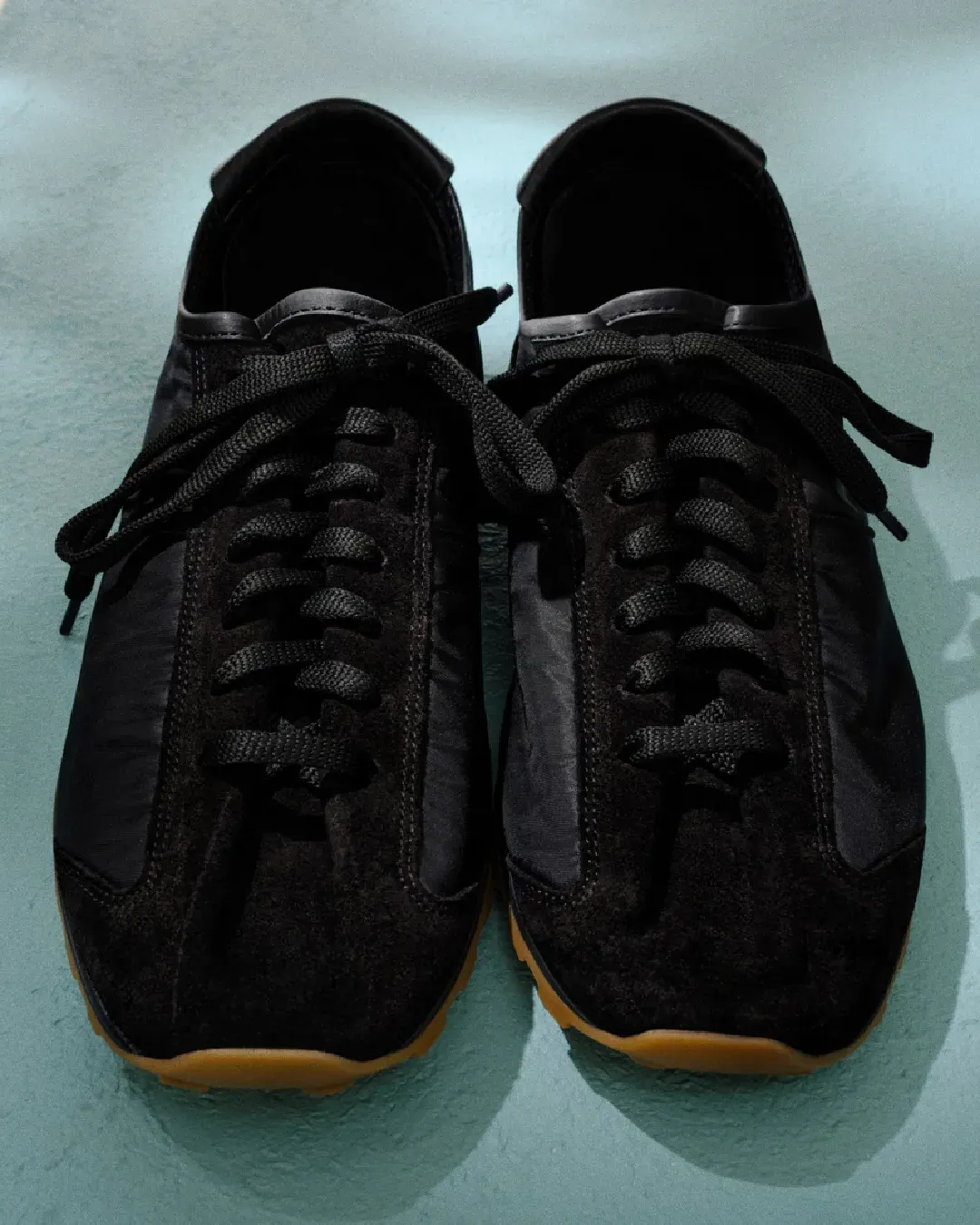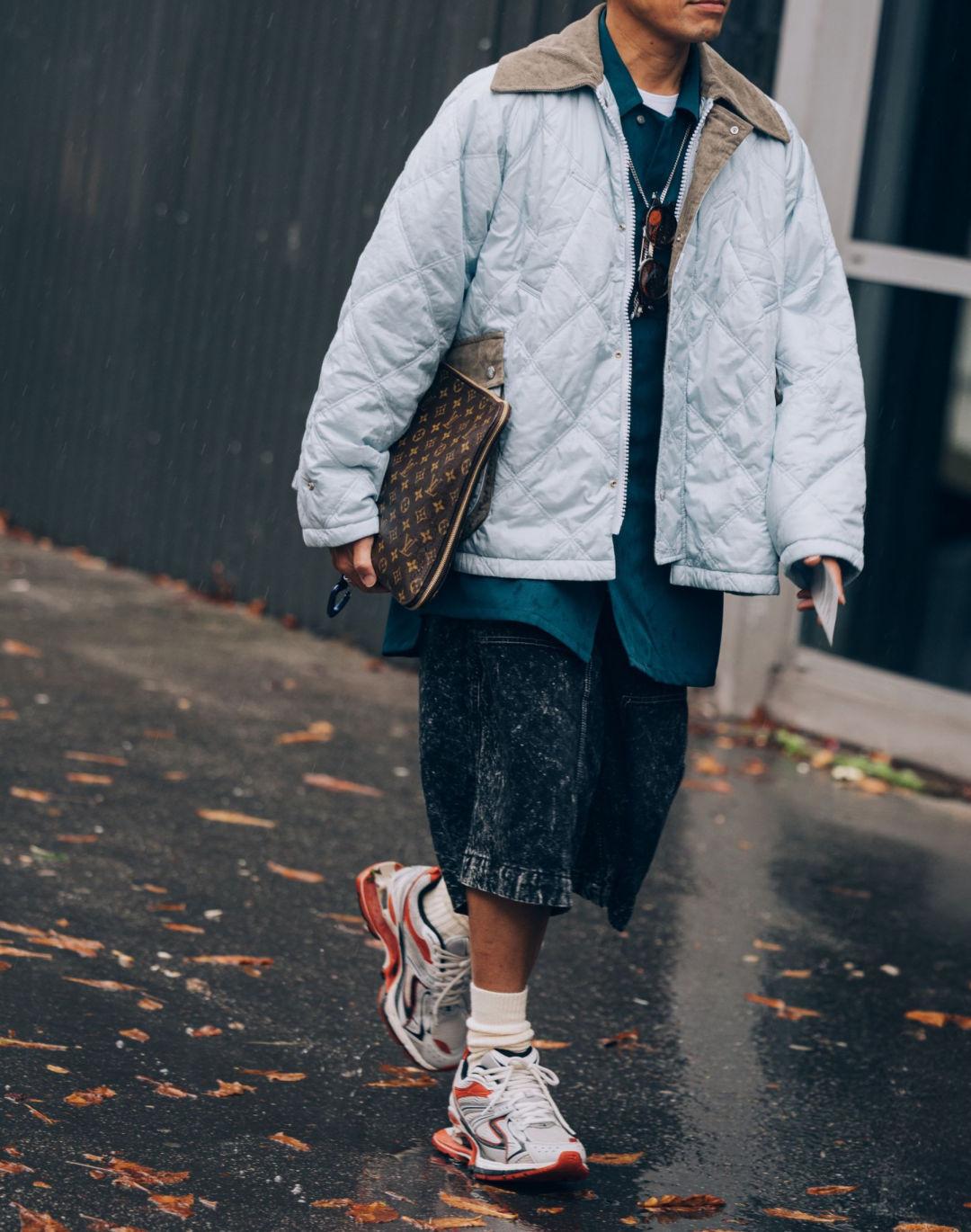
Kicks, the first streetwear film of the modern era “They aren’t just shoes”
In 2015 Stephon Marbury, one of the most iconic NBA legends of Coney Island, announcing the return to the market of his sneakers, the Starbury, at 15 dollars sharply criticized the exclusive strategy used by the Jordan brand:
«Jordan has been robbing the hood since. Kids dying for shoes and the only face this dude makes is I don't care. The time will change!», he wrote himself in a tweet that went viral.
Just a few months later, GQ released an episode of the documentary series "Sneakerheads" titled "1,200 People Die Over Sneakers Each Year". A certainly shocking number, based on estimates made on ABC news bulletins, which cyclically reported the news of boys killed by fights stemming from sneakers, air Jordan in particular. It was no coincidence that most of those kids were young African-Americans. What are called ghettos - the poorest urban areas of the city, which decades of city mismanagement have turned into clusters of minorities deprived of the most basic services - were the places where most quarrels and murders linked to sneaker thefts take place.
Kicks was born from these premises, the first film by Justin Tipping, a young Filipino-American director who over the years has worked with some of the best African American artists around: from Lena Waithe in The Chi to Justin Simiens in Dear White People. Kicks was released in the US in 2016, but only a few weeks ago it arrived on Netflix, being released in the rest of the world. The story revolves around the adventure of Brandon, a young boy with an undeveloped physicality, who lives in a Bay Area ghetto (around Oakland), and who goes to recapture his Jordan 1 Breds, stolen from him by a small criminal in the area, Flacko. Brandon's path will lead him to join his uncle, an ex-con played by Mahershala Ali, and put himself in much bigger and more dangerous situations than he is. The idea of Kicks, Tipping once told The Guardian, was born from his personal experience: his first shoes, of Nike Air Presto, had been stolen from him by a group of kids in his neighborhood:
«The next day while I was walking through school, every other guy, even if I didn’t know him, took five seconds out of his day to walk up to me and say, ‘Oh you got fucked up, man’ and laugh at me».
Kicks is a film hard enough to digest, where the moral contours of the characters are never defined, justice does not exist, so there are no good or bad. The representation of the reality of the American ghetto, however, is very faithful and instructive, as is its representation of black masculinity and the difficulties of emergence in the ghetto. More than anything, however, Kicks is one of the best streetwear films focused on sneaker culture, as well as the only one (to date) able to tell the darker sides. In Kicks, sneakers represent on the one hand an element of elevation on the social scale, on the other a dangerous target to sew on. If there were so many films in the past that influenced the street and sneaker modern culture, no one had managed to make it explicit protagonist of the story.
In a 2017 paper for the City University of New York (CUNY), Shaquille-Omari Bekoe writes that "sneaker culture gave black men fashion freedom while creating restrictions," explaining how sneakers - historically the main vehicle through which the African-American community has had access to the world of fashion - they have in some ways been an additional reason for ghettoization by the media, which have often exasperated the tones of social narrative about the stories of violence related to them. Kicks also tells of how dangerous the "Be Like Mike" rhetoric around which Michael Jordan and Nike founded the Jordan Brand myth could be in some parts of America. Scott Warren McVittie writes:
«In a consumer society, identities and social relations are largely dependent on the purchase and display of consumer goods, and black inner-city youths were so desperate to “Be Like Mike,” that they were willing to kill each other for something as seemingly meaningless as a pair of sneakers».
It is not difficult to find in the archives of the American media that directly or indirectly report deaths related to the world of sneakers. In a 2018 Washington Post article, it recounts the death of James Anthony Smith, shot in the back as he tried to escape from those who wanted to steal his Jordans:
«“These shoes are important,” D.C. prosecutor Ella Gladman told Okun during her opening statements as she recounted details of the shooting from her witnesses. “These shoes are the reason James was killed.”».
Even one of the most famous issues of Sports Illustrated, released on May 14, 1990 and written by the legendary Rick Talander, "Your Sneaker of Your Life", emphasized what was called "peer pressure": "What is advertised on TV and whatever your peers are doing, you do it too," recounting the death of 15-year-old Michael Eugene Thomas, strangled for his Jordans. The piece of Sports Illustrated betrays all the signs of the times, of when sneaker culture and streetwear were still subcultures capable of reaching the front pages of newspapers only and exclusively in a negative light, according to a rhetoric for which the sneakers were called "the clothing of gangs and gangsters".
2020 tells a completely different story, in which sneakers have become a billionaire market and streetwear has taken over the catwalks so much that it begins to fantasize about his death. There are more or less recent cases - such as the releases of Pigeons Dunk SB or Nike Foamposite - that resemble those of the 90s, real riots triggered by sneaker releases, but they are marginal and isolated episodes in a market that today it has become on the democratic side and on the other elitist. As Nicholas Smith wrote in his book Kicks: The Great American Story of Sneakers, sneakers were one of the great American stories of the 1990s, the one that also told the emergence of black culture, "of which sneakers (and Jordans in particular) they are a key part," in the words of Cheresse Thornhill, Nike's second-largest footwear designer.
In this sense Kicks represents a document of the history of streetwear, the first film that manages to tell the origin and past of that culture that, in a dazzling way, has managed to become a "unicorn" of the world of fashion. There aren't as many films around as Kicks, perhaps because the times to tell about a world still "young" are not mature yet. That's why Tipping decided to start from the past to reconstruct its origins and create the first streetwear film of the modern era.



























































